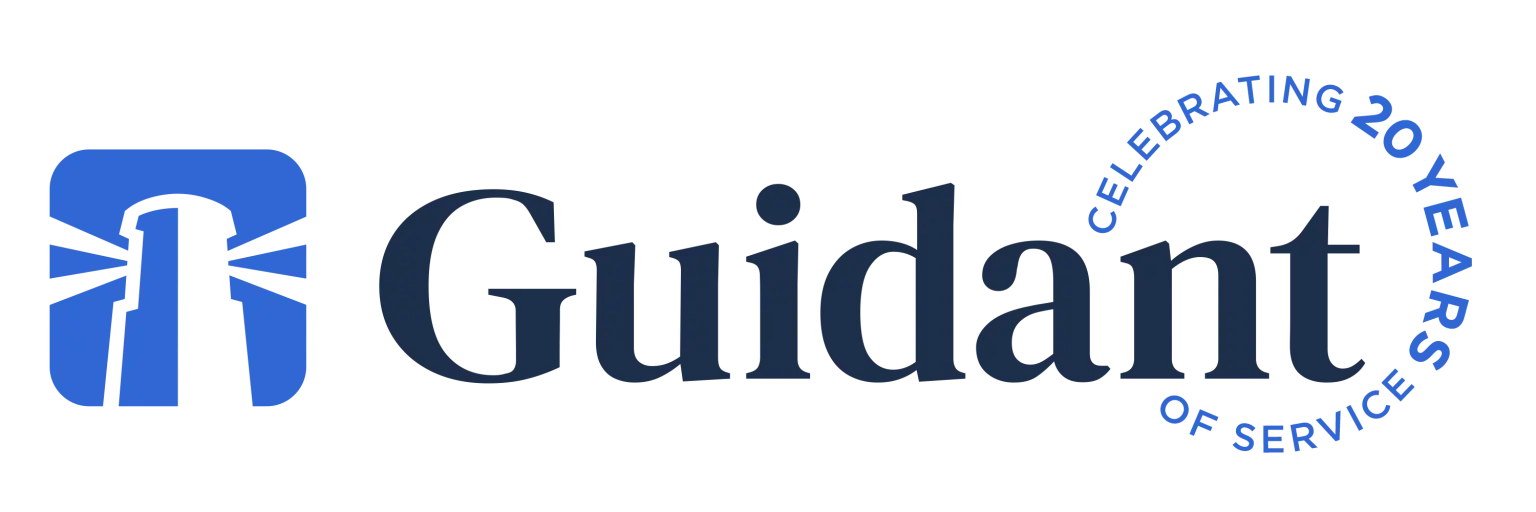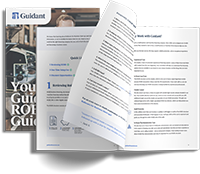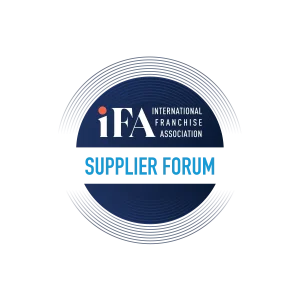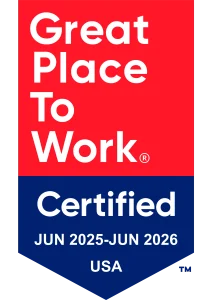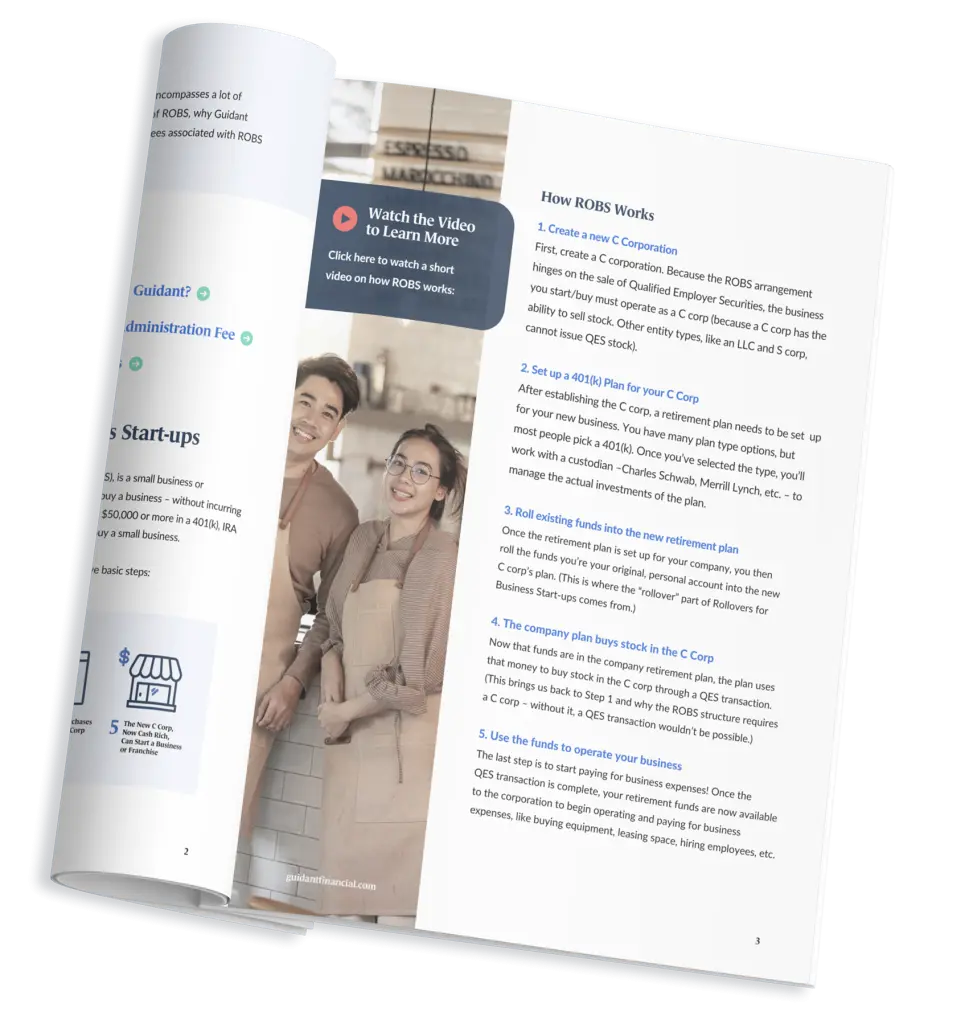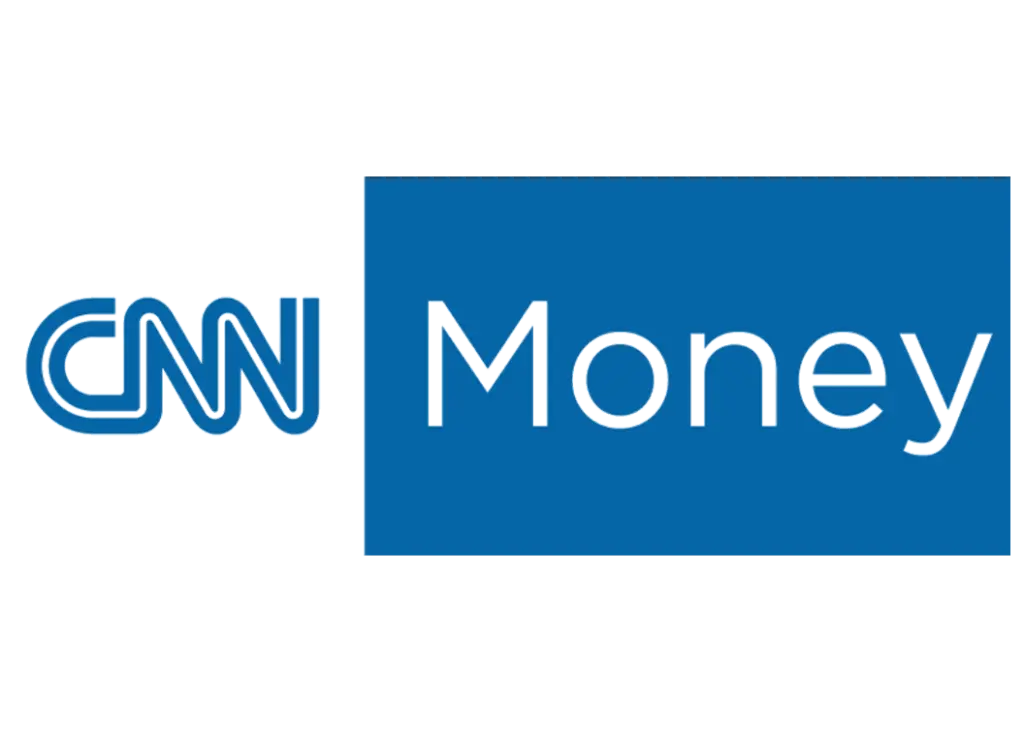Because withdrawing from your 401(k) is a serious decision, the IRS puts penalties and barriers in place to accessing these funds. In most situations, taking money from your retirement account is considered a taxable event. This means, as a result of the funds being removed, your custodian will issue an IRS Form 1099, and you’ll be required to pay income taxes on the amount distributed (otherwise known as a taxable distribution). When a 1099 is issued, it’s important to verify if the distribution code is correct because of the impact it has on your personal taxes. If you remove the funds before the age of 59 and ½, there is also typically a 10 percent early withdrawal penalty.
Even the most diligent retirement planners and those familiar with these tax implications have situations arise where it may be necessary to utilize retirement savings earlier in life. This decision should never be taken lightly and only made with a clear understanding of all savings and tax implications. As a starting point, before cracking into your nest egg, ask yourself the following three questions to help navigate your options and avoid unnecessary tax penalties.
1. Is my financial need considered a hardship by the IRS?
According to the IRS, hardship withdrawals are distributions from a retirement account made because of an immediate financial burden. Common examples include, but are not limited to, medical or funeral expenses, tuition and education fees and rent or mortgage payments on a principal residence.
Everyone hopes to avoid landing in a situation of financial hardship, but if the situation does arise, you may be able to access your funds (early withdrawal penalties may still apply). However, it’s important to do your research regarding the requirements for your withdrawal. Not all retirement plans allow for hardship withdrawals, and there are often secondary consequences such as losing the ability to continue making contributions. Some plans even require you to max out participant loans (if allowed) before taking a hardship withdrawal. Be sure to refer to your plan’s Adoption Agreement for the governing rules or ask your benefits administrator for more information.
2. Can I avoid paying the 10 percent 401(k) early withdrawal penalty?
If you’re dealing with a serious illness or need help paying medical bills from an expensive surgery, you may qualify for some tax exemptions when withdrawing retirement funds. The IRS waves the additional 10 percent fee for funds that are withdrawn in order to cover unreimbursed medical expenses if the charges exceed 7.5 percent of your adjusted gross income (for those under the age of 65).
There are also protections in place for those who sustain injuries or illnesses that make it impossible to return to work. Total and permanent disability status also renders it possible to withdraw retirement funds from a 401(k) or IRA account while avoiding the 10 percent penalty.
Medical emergencies aren’t the only events that allow for the 10 percent exemption, but the rules vary depending on if your funds are in an IRA or 401(k). For example, first-time homebuyers can withdraw up to $10,000 from an IRA, but not from a 401(k). For a full list of qualifying events for each account, visit the IRS website.
3. Do I need to take a taxable distribution to achieve my goals?
Accessing your retirement funds to achieve personal and professional goals doesn’t always require removing the money for good and/or paying taxes on the transaction. A common strategy is to take a 401(k) loan (loans are not permitted from IRAs). Loans allow you to borrow up to 50 percent of your vested account balance, not exceeding $50,000. For example, if you have $60,000 vested in your 401(k) account, you can borrow up to $30,000.
Taking a loan from your 401(k) can be a useful strategy if you’re in need of short-term cash and are confident you’ll be in a strong enough position financially to make the repayments. Repayments on a 401(k) loan must be made at least every quarter over a maximum of five years, though you do have the option to repay the loan sooner. Payments are made with interest, benefiting your retirement account. However, failure to make repayments on time results in a distribution for the unpaid balance — a taxable event. If you’re interested in a 401(k) loan, start by contacting your benefits administrator to learn if your retirement plan allows for loans — not all do — and how to apply.
There is another course of action for utilizing retirement that caters to people who are working to purchase or launch a business. Rollovers as Business Startups (ROBS), also known as 401(k) business financing, allows you to roll funds from an eligible retirement account — usually a 401(k) or IRA — into a new retirement account that is then used for small business funding. This transaction is not a loan and, when done properly, is not taxable. Find out if Rollovers for Business Start-ups is right for you.
Whether you’re considering tapping into your retirement funds because of an unexpected life event, a change in employment status or wanting to start a new career as a business owner, it’s a serious decision that deserves ample consideration and research. Always consult your own financial and tax advisers before making any decisions about your retirement funds.
